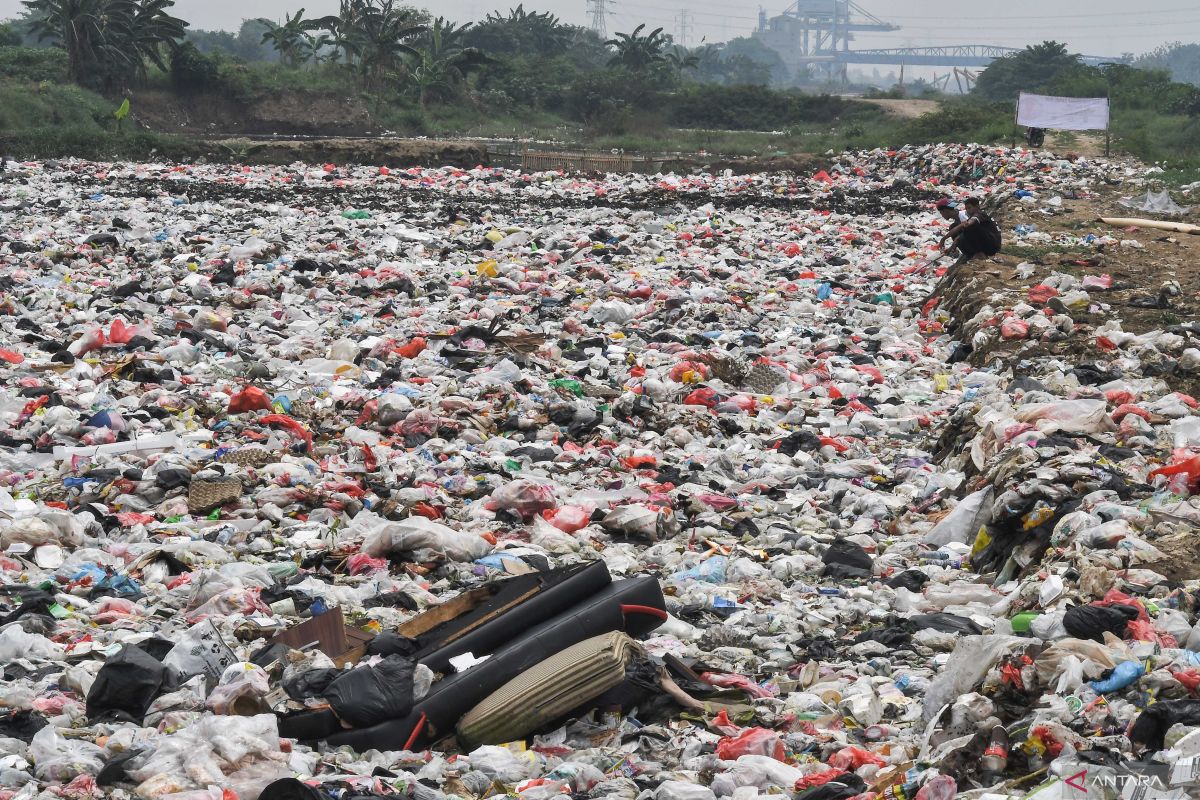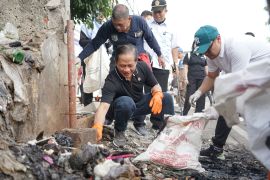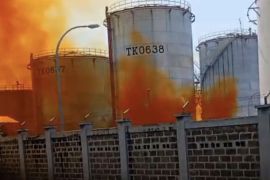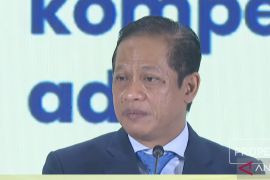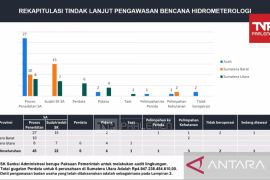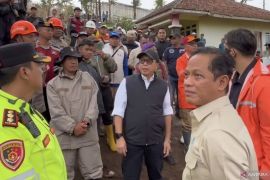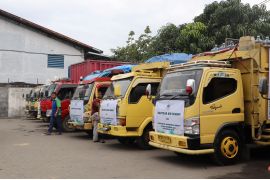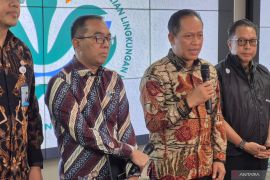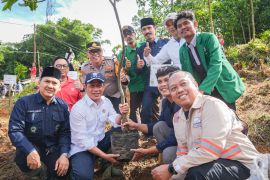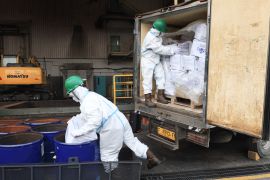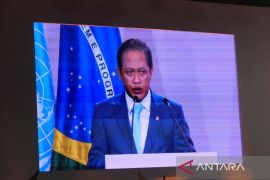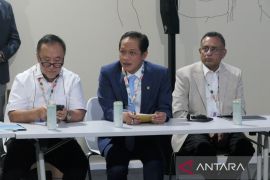Following the second part of the fifth session of the Intergovernmental Negotiating Committee (INC-5.2) in Jakarta, he said Indonesia would not wait for the finalization of the Global Plastic Treaty to take action.
Many key issues have been identified, but reaching agreement will take time, Nurofiq said.
"That's why today's meeting with the National Plastic Action Partnership (NPAP) encouraged us to keep moving forward with on-the-ground solutions," he added.
The forum included representatives from government, business, embassies, international organizations, non-profits, and civil society.
Related news: Indonesia to end plastic pollution with or without treaty: minister
Nurofiq said Indonesia remains committed to achieving 100 percent waste management — including plastic — by 2029.
Private sector participants voiced concerns over regulatory clarity and emphasized the need for mandatory Extended Producer Responsibility (EPR) policies.
Civil society groups highlighted gaps in enforcement, especially from upstream to downstream waste handling, and stressed the need for more funding.
"Indonesia must show strong leadership not only nationally, but also regionally," Nurofiq said, noting the cross-border impact of marine plastic pollution.
Domestically, Indonesia has ramped up law enforcement against open dumping at landfills and tightened requirements for the Adipura environmental awards, making the elimination of illegal and open dumping sites a prerequisite.
"We're not waiting for a global treaty to act.But we are pushing for a legally binding international agreement as soon as possible," Nurofiq said.
Related news: Indonesia to make plastic recycling mandatory for producers by 2029
Translator: Prisca Triferna, Resinta Sulistiyandari
Editor: Rahmad Nasution
Copyright © ANTARA 2025
